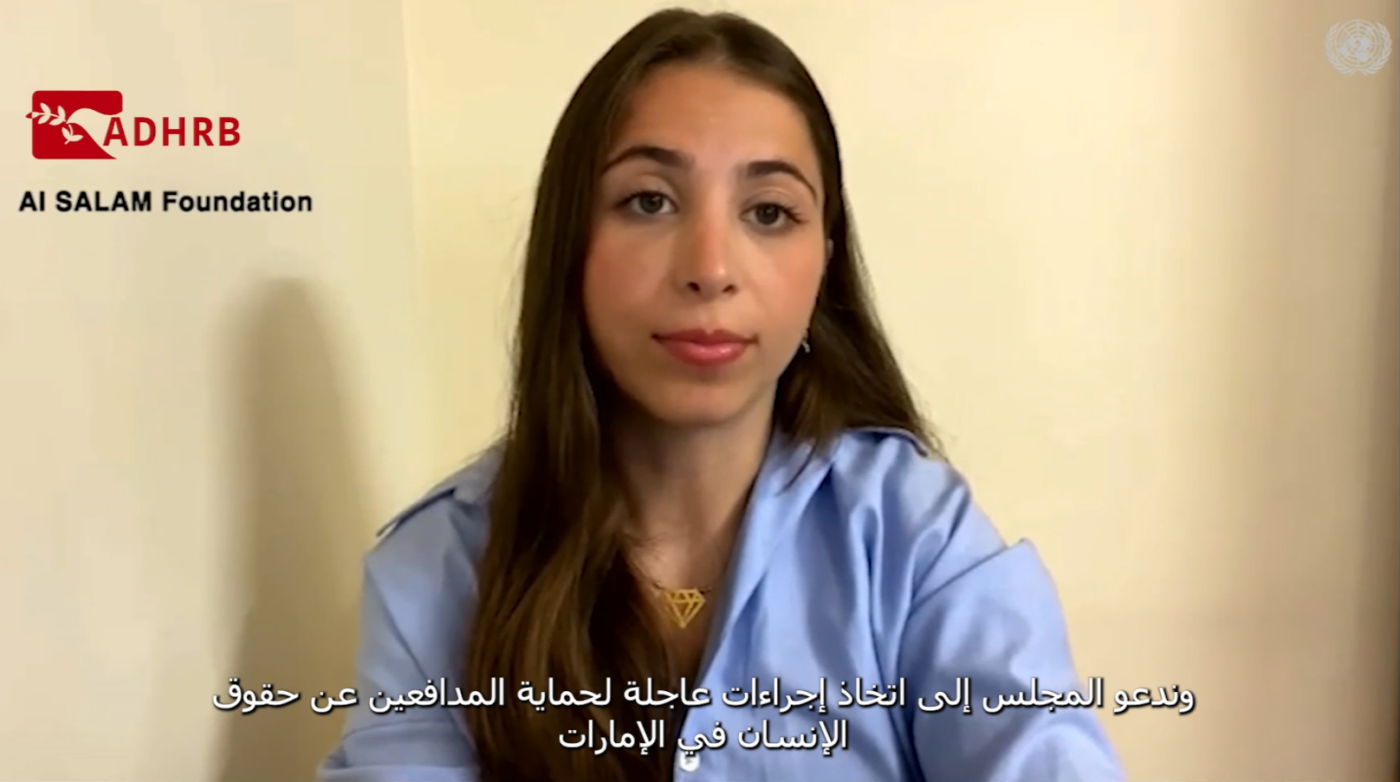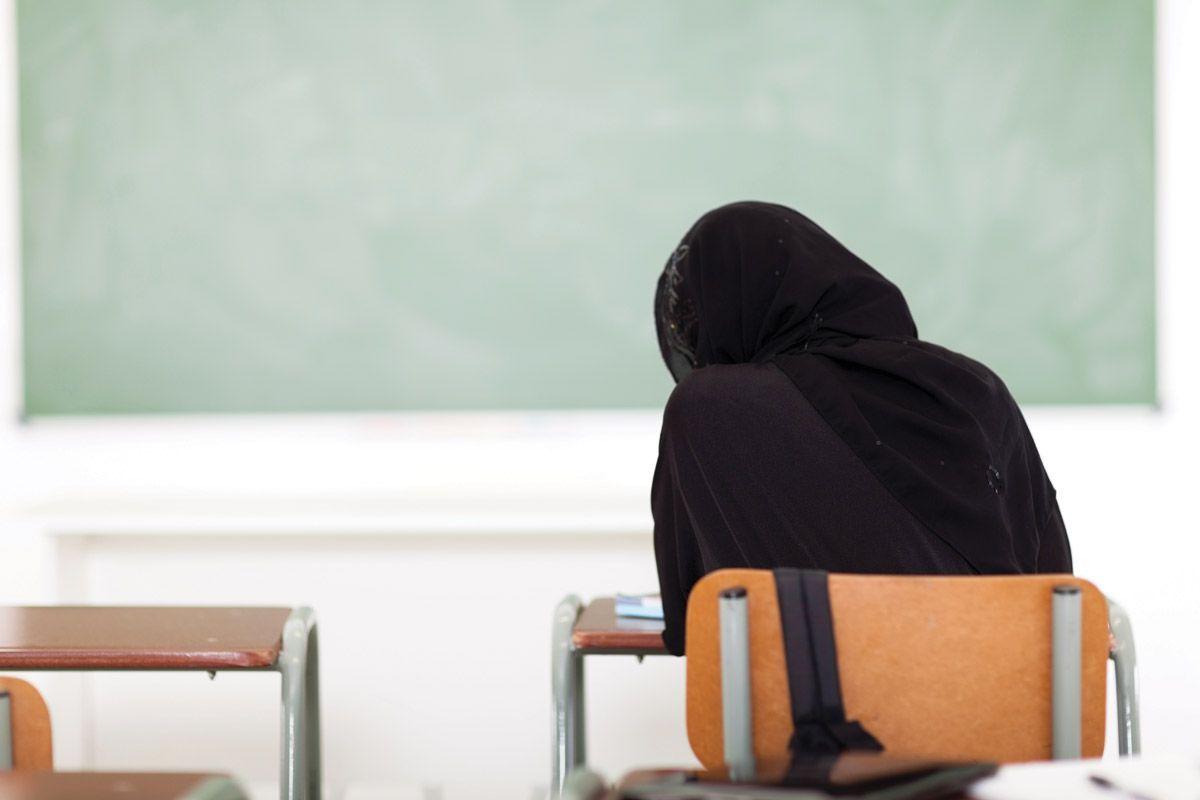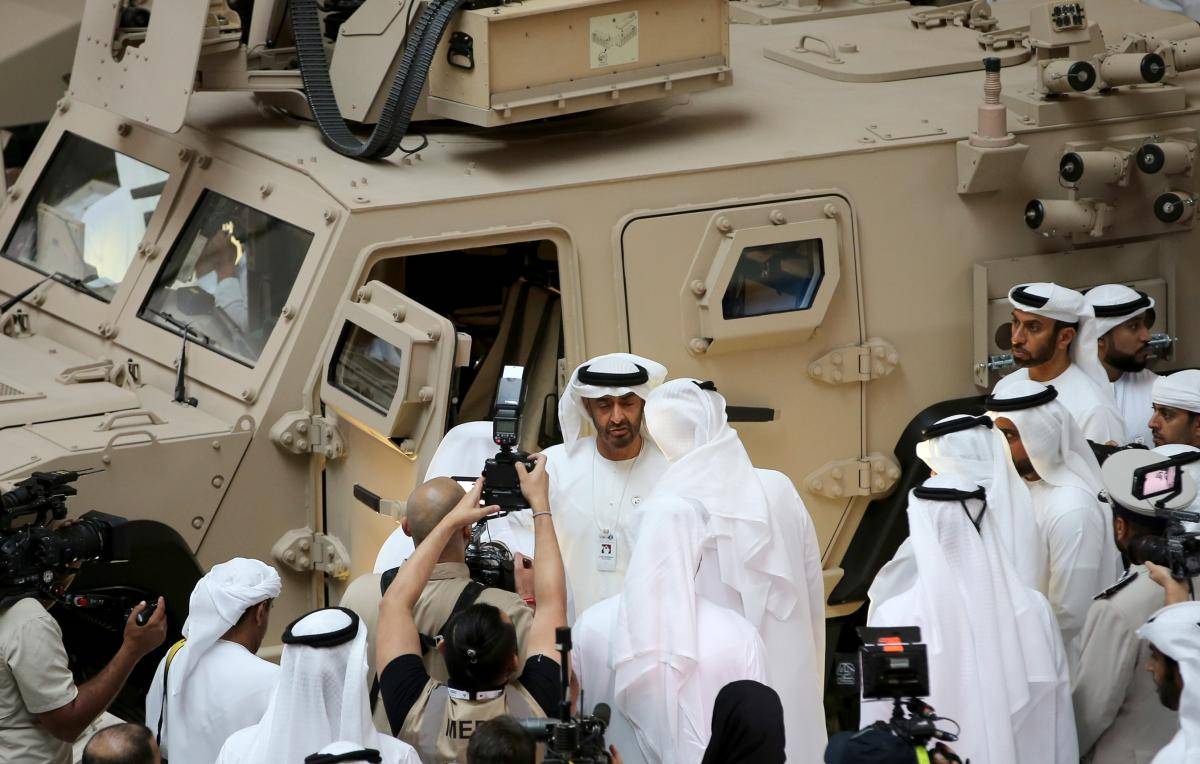Introduction The United Arab Emirates (UAE) has rapidly positioned itself as a leader in artificial intelligence (AI), integrating advanced technologies across various sectors to drive economic growth and enhance governance. Central to this strategy is the deployment of AI-driven surveillance systems aimed at increasing national security and public safety. However, the extensive use of such[…]
On March 21, 2025, Americans for Democracy and human rights in Bahrain delivered an intervention during the 58th session of the UN Human Rights Council. In its intervention under Item 5, ADHRB highlighted the alarming situation of Emirati human rights defender Ahmed Mansoor. We draw the Council’s attention to the alarming situation of prominent human[…]
Context and Background The evolution of women’s access to education in the Gulf Cooperation Council (GCC) countries – Bahrain, Kuwait, Oman, Qatar, Saudi Arabia, and the United Arab Emirates – presents gradual but progressive advancements, reflecting broader societal transformations in the region. In the early 20th century, education for women was traditionally limited, as cultural[…]
All GCC states implement the kafala system, a visa sponsorship program that gives extensive powers to employers and leaves workers vulnerable to abuse. Domestic workers, primarily women from South and Southeast Asia, are especially vulnerable to exploitation due to their isolation and reliance on their employers. They face a higher risk of physical, sexual, and[…]
The United Arab Emirates (UAE) has emerged as a significant player on the African continent, leveraging its economic and strategic initiatives to deepen its influence, involving investments in infrastructure, ports, and telecommunications, alongside military engagements and political alliances. However, UAE’s presence is not without controversy, particularly regarding allegations of neo-colonialism and human rights abuses, which[…]









